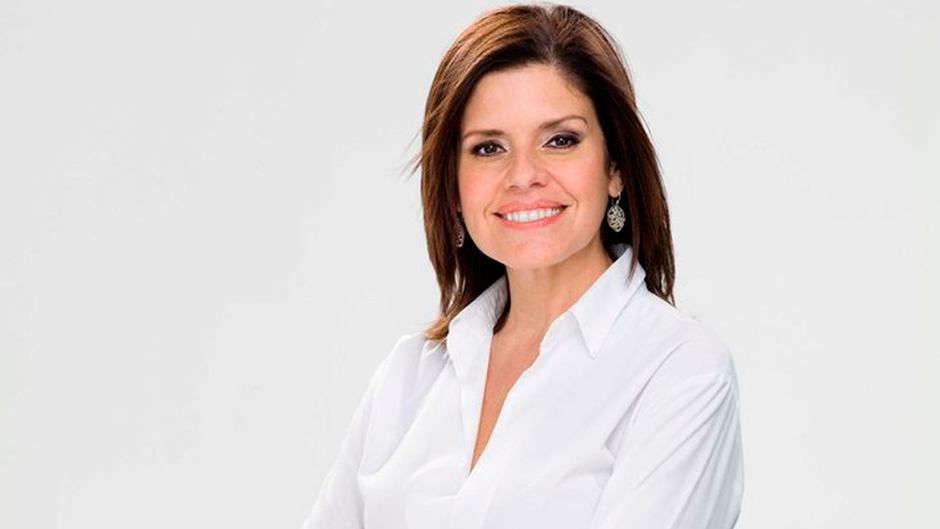Before becoming finance and economics minister, Araoz was Peru’s minister of foreign trade and tourism, and then production. She also served as an advisor on trade negotiations with the United States, on her country’s competitiveness council and as president of its export promotion and tourism commission.
What lessons from the School have best served you in your career?
I decided to study economics, because the field provides solid tools to understand social issues and contribute directly to development in my country. My work is based on the theoretical tools obtained by studying economics and the practical experience of applying those tools to the economic realities before me. That led me years back to get involved in public administration.
What advice would you give students today based on your professional experience?
I’d suggest students follow their dreams and don’t give up in the face of adversity. If you set clear goals and work for them, you’ll get results. But you need to be passionate about what you do. In my case, the education I received helped lead me to one of the most gratifying jobs in public administration: to be a member of the cabinet. Passion has allowed me to move ahead. I also try to stay true to myself and my interest in youth, so that I can keep up with the new trends the globalized world offers. Even with all my responsibilities, I still teach undergraduates. I think if you’re organized, you can stay in academia, which is something that fulfills me. It’s fundamental to keep learning in life, to keep reading, to stay current with economics and interdisciplinary studies. That helps you stay creative and find solutions to problems.
What has surprised you in your professional life that is different from what you learned in class?
At UM, I learned that economic models are a good base to understand reality, but they are not reality itself, and so we analyze specific facts and revise our models to adjust our predictions. But I’ve since found that sometimes we forget to adjust for other variables that are not economic in nature. For example, we don’t consider the legal framework that we work in or the institutions that constrain what government can do.
Learn more about how the professional and executive MBA programs at the UM School of Business Administration can help you achieve the kind of success Araoz has achieved.

